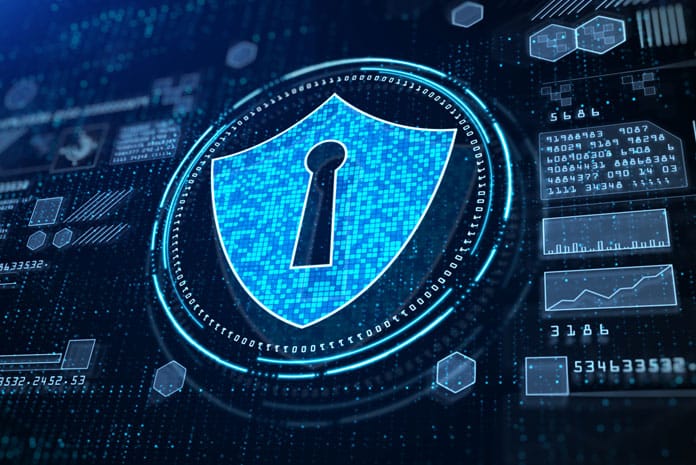By Mr. Raj Sivaraju, President, APAC, Arete
As businesses walk on the path of innovation in the wake of rapid digitization, building a robust cybersecurity infrastructure has become more critical than ever. The recent security compromise faced by AIIMS indicates that threat actors are evolving and becoming more sophisticated. Cyber incidents have tripled in India in the last three years, as highlighted by Indian Computer Emergency Response Team (CERT-In). As a result, prioritizing enterprise security is the need of the hour for businesses to ensure customer safety and maintain relevance in these unprecedented times.
This article discusses a few top cybersecurity trends that will likely emerge in 2023:
Connected device visibility and security
Over the years, the usage of connected devices among corporates has increased significantly. Undoubtedly, this development resulted in increased productivity, but due to a lack of security governance, these devices became a new source of cyber risk for organizations.
Hence, establishing cyber risk mitigation best practices for connected devices will be crucial for organizations to ensure safety against the rapidly evolving threat landscape. This process involves taking initiatives such as monitoring devices to understand the current cyber risk posture, implementing a cyber risk mitigation plan, reporting an incident, and responding promptly.
Data-centric security and privacy
Most consumers today have an online presence; therefore, businesses and brands need to be present in this area to attract new customers and serve their existing customers. Meanwhile, customers’ expectations of greater control over their data and greater transparency about organizations’ policies have also increased. Therefore, building and strengthening trust between companies and their customers depends on understanding data privacy, security, and compliance.
Organizational resilience
The world has become more connected than ever in the wake of rapidly growing digital adoption. As a result, businesses are also investing in various technological advancements to scale their operations and improve customer experiences at every point of contact to keep up with this transformation.
However, it is pertinent to note that all of these developments are making organizations more vulnerable to cyber risks in the absence of robust security measures. Therefore, it is important for organizations to employ new tools and techniques to drive awareness around emerging threats and enhance their security posture to respond better to cyber incidents.
Collaborating with leading cybersecurity players and incident response experts is highly recommended to ensure that such incidents have a minimal impact, enabling companies to recover within a short period (a few days) rather than months.
Role of AI in addressing cyber risks
Technologies have transformed how businesses operate. But the same technologies have also enabled threat actors to improve their attack techniques, making threat detection and prediction challenging for human experts.
However, by leveraging AI, experts can examine large amounts of data moving across networks in real-time, enabling them to recognize patterns better and faster than humans. As a result, companies following this approach can save an average of $3 million by actively detecting and responding to breaches, as highlighted by IBM.
Conclusion
Cyber incidents cannot be avoided entirely and are, therefore, inevitable. However, organizations can decrease the risk of data breaches and compromises by establishing essential security measures. As a result, agile and resilient businesses will be in a safer position, capable of addressing threat actors. At the same time, those who do not prioritize cybersecurity will likely face losses much more significantly than expected.
Simply put, digital presence will be pivotal for growth in today’s evolving business landscape. However, with adequate security, organizations can sustain themselves much longer.















thanks for sharing such a nice information